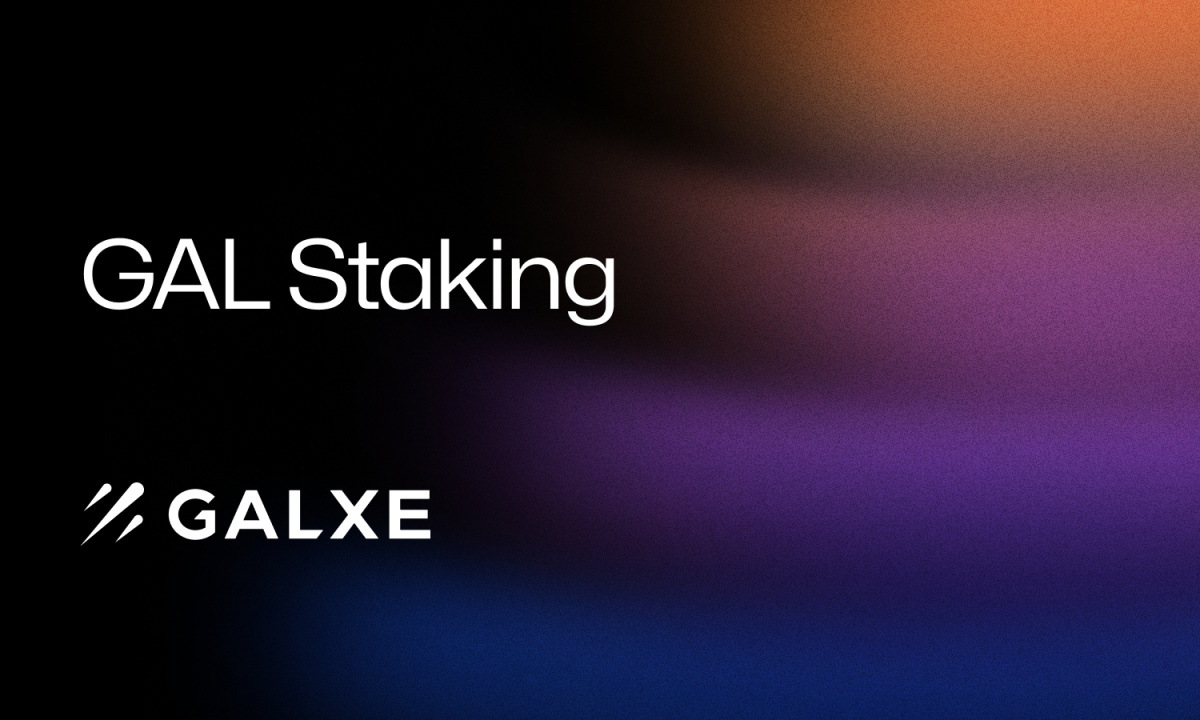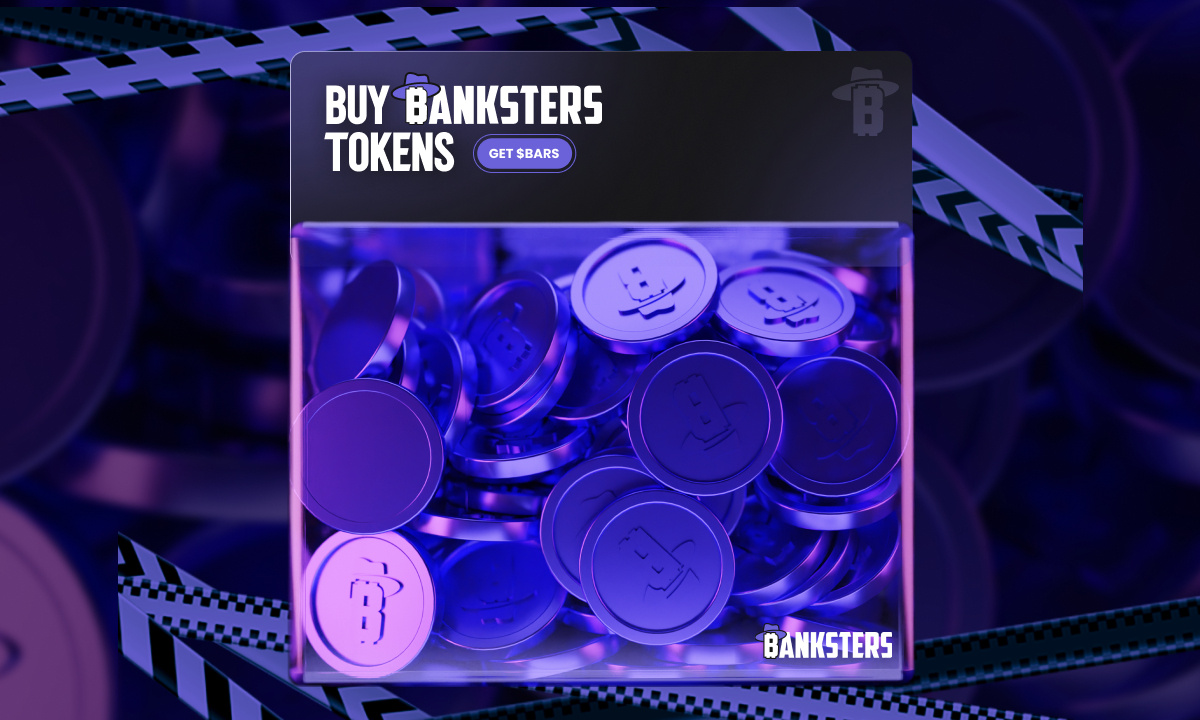US CryptoFed DAO seeks US SEC approval for stable utility tokens

The American CryptoFed DAO, a decentralized autonomous organization based in Wyoming, has filed two forms with the US Securities and Exchange Commission (SEC) to bring two variants of dependent stablecoins onto the market. The two are called Locke and Ducat.
According to the CryptoFed Form 10, the tokens must be registered as utility tokens that are stored in the internal CryptoFed blockchain. However, the SEC Form 10 is used to register securities for potential trading on US stock exchanges and is therefore not intended for so-called utility listings.
Filing the form allows CryptoFed to be automatically recognized as a DAO in the United States 60 days after the date of initial filing, regardless of any SEC comment.
CryptoFed filings show that Ducat is both an inflation and deflation protected stablecoin that can be used for everyday transactions and as a store of value. Locke is a governance token used to stabilize Ducat and create rules for the ecosystem.
According to CryptoFed CEO Marian Orr, Locke tokens will be distributed to cities, traders, banks, crypto exchanges and other participants in the DAO. Compared to the current financial system, Orr said:
“CryptoFed uses part of the land bought and sold between Locke and Ducat to stabilize Ducat through ongoing open market transactions similar to those of the Fed.”
CryptoFed also submits Form S-1 to register Locke and Ducat tokens so that they are tradable and transferable. In parallel with this SEC review of the submitted Form S-1, CryptoFed will also file Form S-8, which will grant the company “a restricted and non-tradable Locke token for over 500 people”.
Until Form S-1 is approved by the SEC, both Locke and Ducat tokens will remain restricted, non-tradable, and non-transferable.
Related: SEC Chairman doubles and tells crypto firms: “Come and talk to us”
13, SEC chairman Gary Gensler urged crypto projects with securities to ensure investor protection by registering their companies with the authorities.
As Cointelegraph reported in August, Gensler identified the need for stricter crypto regulations in the US. At the time, he listed seven crypto-related policy changes that are currently under review by the SEC, including issues related to token offerings, stablecoins, and decentralized funding, shall we say.
Gensler provides a functioning political framework for cryptocurrencies and believes that cryptocurrencies can be a “catalyst of change” for the financial sector. “To the extent that there are securities on these trading platforms, our law requires them to register with the Commission unless they are entitled to an exemption,” he said.
.














